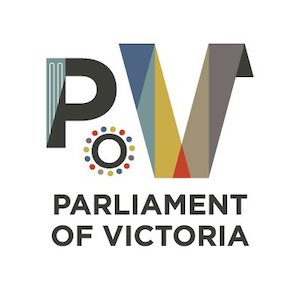You can read the guidelines here and the summary here.
The OECD report Innovative Citizen Participation and New Democratic Institutions: Catching the Deliberative Wave (2020) demonstrated that public authorities from all levels of government increasingly turn to Citizens’ Assemblies, Citizens’ Juries, and other representative deliberative processes to tackle complex policy problems. As the use of such processes increases, so does the need to determine and ultimately improve their quality. The purpose of this document is to help public authorities initiate and develop better representative deliberative processes by establishing a minimum standard for their evaluation. These guidelines provide policy makers and practitioners with an evaluation framework and methodology, as well as evaluation questionnaires.
The newDemocracy Foundation contributed to the development of these guidelines and is acknowledged in the report. The Foundation also contributed to the Catching the Deliberative Wave Report (2020)
Evaluations of representative deliberative processes do not happen regularly, not least due to the lack of specific guidance for their evaluation. To respond to this need, together with an expert advisory group, the OECD has developed Evaluation Guidelines for Representative Deliberative Processes. They aim to encourage public authorities, organisers, and evaluators to conduct more comprehensive, objective, and comparable evaluations.
These evaluation guidelines establish minimum standards and criteria for the evaluation of representative deliberative processes as a foundation on which more comprehensive evaluations can be built by adding additional criteria according to specific contexts and needs.
The guidelines suggest that independent evaluations are the most comprehensive and reliable way of evaluating a deliberative process.
For smaller and shorter deliberative processes, evaluation in the form of self-reporting by members and/or organisers of a deliberative process can also contribute to the learning process.



